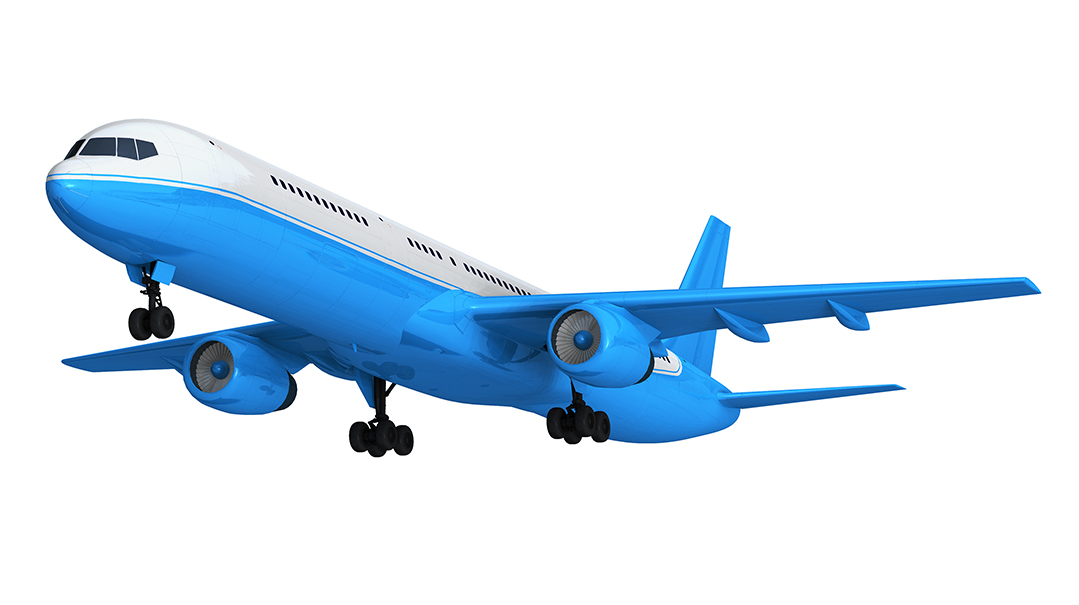7 Fact You Should Know About Jet Lag Travel Woes
| March 28, 2018
For those of us lucky enough to get away for Pesach — we may avoid the heavy-duty cleaning and cooking, but we won’t get away scot-free. Traveling through airports can be frustrating and time-consuming, and the jet lag that follows can throw your vacation out of whack. Researchers believe jet lag causes billions of dollars in economic losses yearly. Furthermore, getting children on a schedule exasperates even the most patient of parents. But there is hope.
Countering the Clock
Jet lag isn’t a result of lost sleep; it comes from changes to our circadian rhythms. Your internal clock is used to waking and going to bed at a particular time and becomes confused by conflicting light/dark input, which is why the switch to daylight saving time can be so difficult. Generally, it’s recommended to take one day to adjust for every time zone crossed, although recent studies show that it actually takes much longer.
Mood Swings
Jet lag hits hard. Symptoms include mental confusion and disorientation, trouble falling asleep and staying asleep, fatigue, headaches, and irritability. It can also cause indigestion and reduced interest and enjoyment of food. It can exacerbate symptoms of mental illness and depression, since mental wellness is closely tied to healthy sleep patterns. Ironically, a treatment called chronotherapy — which combines sleep deprivation, sleep scheduling, and bright light therapy to influence the brain — has shown tremendous promise with depressed patients.
Sober Up
While that glass of wine looks tempting on a plane with screaming toddlers, skip it, say scientists: Alcohol dehydrates you in an already dry environment and disturbs your sleep, making a bad situation worse. Caffeine is similarly dehydrating and keeps you awake. Drinking water is best — and if there happens to be pineapple in your kosher meal, eat that — it’s a natural source of the sleep hormone melatonin. Eating breakfast on the plane only at the destination’s breakfast time can help your body adjust.
Sleep It Off
Several drugs may adjust the internal clock, like sleeping pills; selecting a non-benzodiazepine results in sleep closer to natural sleep. Melatonin, another popular sleep aid taken at bedtime, is typically more successful on eastbound flights. Vasopressin is the main chemical signal responsible for our biological clocks. Blocking vasopressin, researchers theorize, could treat jet lag. Some believe 5-HTP, a nutritional supplement that’s a precursor for serotonin (which works with the bodily clock to affect mood), could help too. Talk to your doctor before taking any supplement.
Traveling Light
The best medicine to fight jet lag is sunlight. It will reset your internal clock. If possible, take an evening flight that arrives in the morning — the daylight helps the body adjust to the new time zones. If you must nap, make it short (30 minutes) to avoid a deep sleep that will disrupt your clock. Eat light meals during normal meal times for your destination. If you wake up when you’re supposed to be asleep, avoid turning on lights, including screens.
Super Spiders
Which creature never gets jet lag? The spider. Different spider species have different circadian clocks ranging from 17-hour (really short) to 29-hour (really long) days. In other animals, altered circadian rhythms can result in shorter life spans. Spiders, however, suffer no ill effects and, when exposed to random variations of light, readjust their internal clocks instantly, with no “jet lag” effects, which is unheard of in nature. Scientists want to study spiders further to see how we can take advantage of their biological clocks.
(Originally featured in Family First, Issue 586)
Oops! We could not locate your form.
